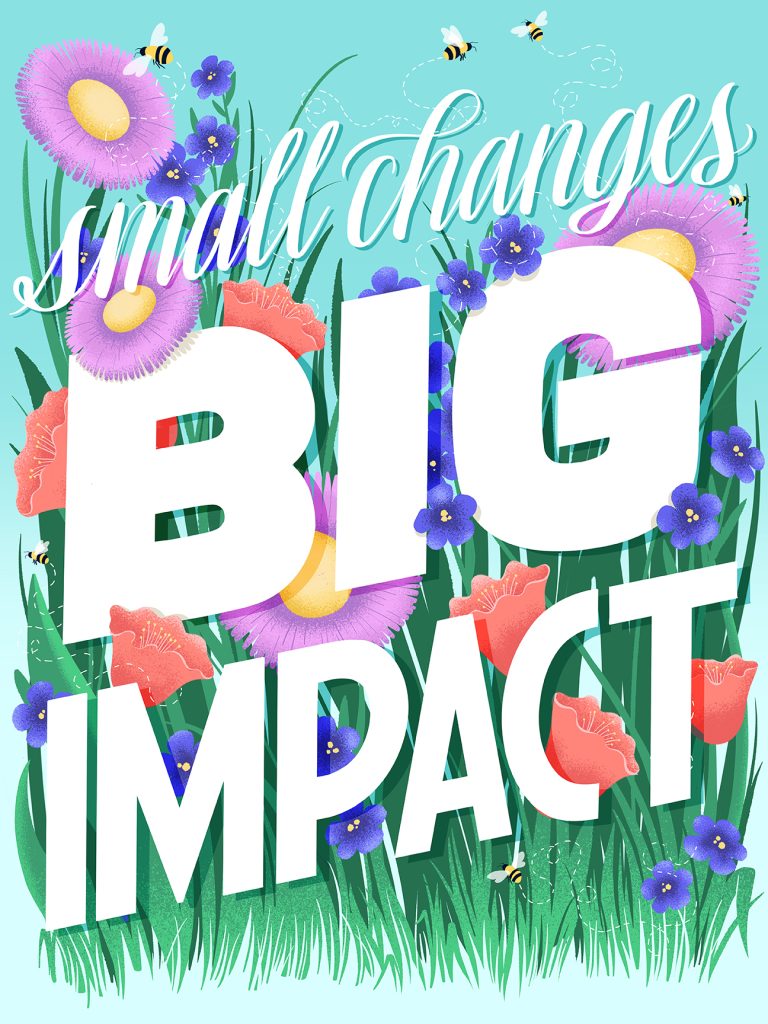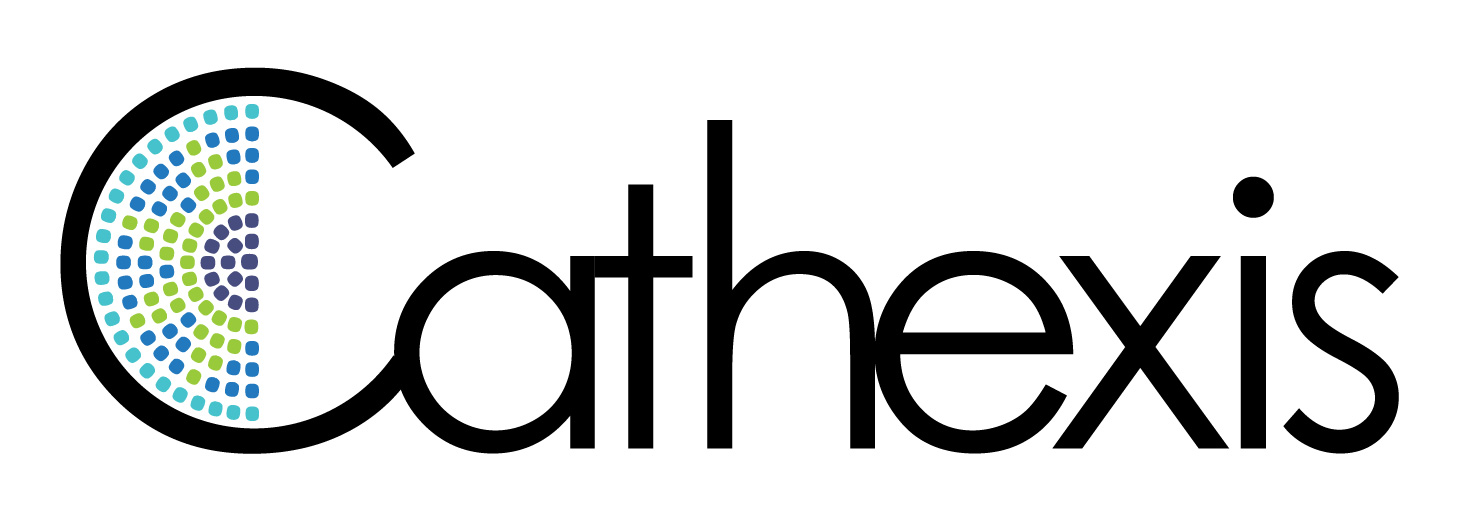
Licensed under CC BY-NC-SA 4.0
In our latest session of our summer reading circle, we covered Chapter 4: Reframe from All We Can Save (Johnson & Wilkinson, 2020). In this session, our focus was on reshaping the narrative around climate change: how can we tell a story that inspires hope and compels action?
A critical aspect of reframing the climate story is through conversations. Katherine Hayhoe’s insights in “How to Talk About Climate Change” resonated deeply with many of us. She highlights the key to constructive dialogue is to find common ground. Whether it’s discussing our thoughts in a blog post like this or sharing insights on social media, each conversation contributes to shifting the narrative towards solutions and collective action.
In “Becoming a Climate Citizen,” Kate Knuth beautifully captures the essence of collective responsibility and individual agency in shaping our shared future:
Only through the collective can an individual enjoy goods such as a healthy environment and certain kinds of support and security. At the same time, as a citizen, the individual has both the right and the responsibility to hold the collective accountable and to participate in it. In other words, citizenship is a dynamic process of consent and dissent of individuals as part of a larger whole. It’s how an individual can most fully satisfy fundamental human desires to be part of a community and to have agency in determining a shared future.
– Kate Knuth, p132
Reflecting on previous chapters and other learning we’ve done (through other climate workshops such as Talk Climate to Me and The Week), it’s clear that envisioning a better future is essential to drive meaningful change in our communities. As Xiye Bastida emphasizes in her impactful video, IMAGINE THE FUTURE, every great achievement starts with a vision.
One key takeaway from our reading and discussion is the importance of making environmental actions habitual. Starting small, like recycling or using reusable bags, paves the way for more significant steps towards sustainability. By including these habits in our daily lives, we are laying a foundation for broader, more impactful actions that collectively can truly make a difference.
Each of us plays a crucial role in shaping the ongoing narrative of hope and action in the climate story.
Resources we like:
- Talk Climate to Me – A fun, free, online, climate education video course with loads of resources
- Curator Conversations: Reframing the Climate Crisis – Katherine Hayhoe in conversation with ROM’s Dr. Soren Brothers
- The Center for Cultural Power – BIPOC artists using creative art and inspiring narrative to promote social, racial, gender and economic justice. Check out the Making Waves guide to using arts and culture to shift public sentiment toward a more just and equitable world.
